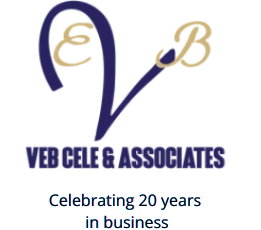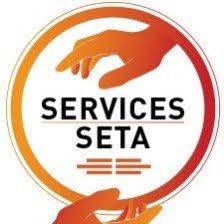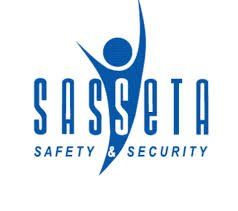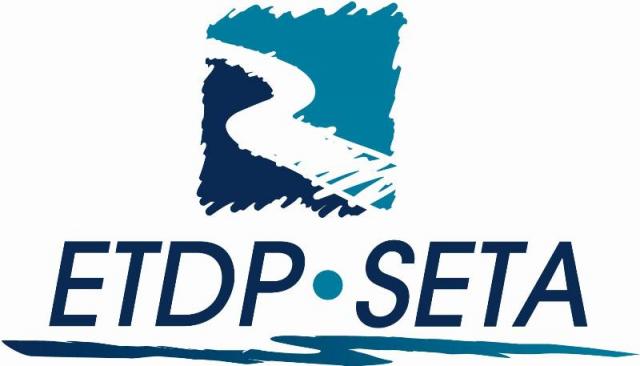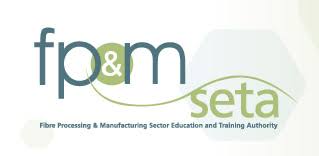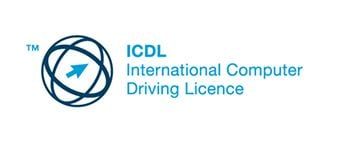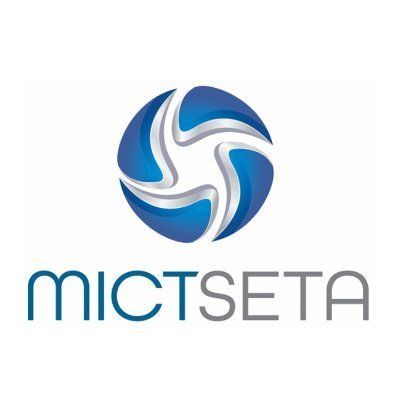PARALEGAL PRACTICE

WHAT TO EXPECT
The National Certificate: Paralegal Practice equips learners with foundational legal knowledge and skills to provide supervised support in various legal and paralegal environments.
Key Outcomes:
- Apply legal knowledge to solve problems.
- Conduct legal research and communicate with clients effectively.
- Provide administrative and organizational support.
- Guide and refer clients ethically and professionally.
Career Opportunities:
- Community Advice Offices
- Non-Governmental Organizations
- Public and Commercial Institutions
- Private Practices
This qualification prepares learners to enhance access to justice, support legal professionals, and contribute to social transformation while providing a pathway for further studies in the legal field!

We offer qualifications in
This qualification is meant to prepare qualifying learners for supervised practice as paralegal assistants in all sectors of the industry, which includes:
- Community-based paralegal Advice Offices.
- Non-governmental organisations.
- Public institutions.
- Commercial institutions.
- Private practices.

- Community-based paralegal Advice Offices.
- Non-governmental organisations.
- Public institutions.
- Commercial institutions.
- Private practices.

Requirements to enrol on any of the programmes
The minimum requirements for most of the programmes is the ability to read and write. For most of the qualifications grade 12 is required and also a learner 's previuos learning will be considered.
QUALIFICATIONS
-
National Certificate: Paralegal Practice
The purpose of the qualification is to provide the qualifying learner with a basic knowledge and understanding of the South African legal system, fundamental laws, their application and social context so as to enable the learner to provide supervised support and assistance in a paralegal environment.
Qualifying learners will be able to:
- Apply fundamental knowledge and understanding of law to a specific problem within the South African legal context.
- Apply appropriate technology in order to conduct legal research on behalf of a legal or paralegal practitioner.
- Communicate with internal and external clients in a paralegal or legal workplace.
- Guide and refer clients in a paralegal context.
- Assist in solving problems in a paralegal context by working in a team and individually.
- Provide administrative and organisational support in an office environment.
- Exercise ethical conduct, values and professionalism when dealing with all clients.
This qualification equips learners to make a meaningful contribution to South Africa's constitutional democracy by enhancing access to justice and promoting economic and social transformation.
Rationale:
This qualification is meant to prepare qualifying learners for supervised practice as paralegal assistants in all sectors of the industry, which includes:
- Community-based paralegal Advice Offices.
- Non-governmental organisations.
- Public institutions.
- Commercial institutions.
- Private practices.
Paralegal assistants play an important role in providing support services to legal and paralegal practitioners; as well as limited assistance to members of the public. This results in a greater capacity to address the growing social demand for legal services and limited legal assistance as South Africans embrace democracy and seek to protect their rights.
This qualification will produce qualified and competent assistants to ensure that primary legal services are more accessible and affordable to the public. It includes legal, administrative and social knowledge and skills; although the emphasis is on providing support or supervised practice. It intends to equip the learner with the necessary life skills and has an integrated approach on critical cross-field outcomes. This certificate establishes minimum standards and contributes to quality service provision; as a result communities will receive assistance in compliance with ethical and professional standards.
This qualification will provide a career-path for those qualifying learners intending to further their studies in all sectors of the paralegal or legal profession. The portable unit standard format allows specific unit standards to contribute to qualifications in the legal, development, public administration and commercial fields. This qualification will facilitate the accumulation of credits through institutionalised and workplace learning. The qualification also provides learners who have gained relevant experience in the workplace with an opportunity to gain credits through a RPL process.
SKILLS PROGRAMMES
- Community-based paralegal Advice Offices.
- Non-governmental organisations.
- Public institutions.
- Commercial institutions.
- Private practices.



